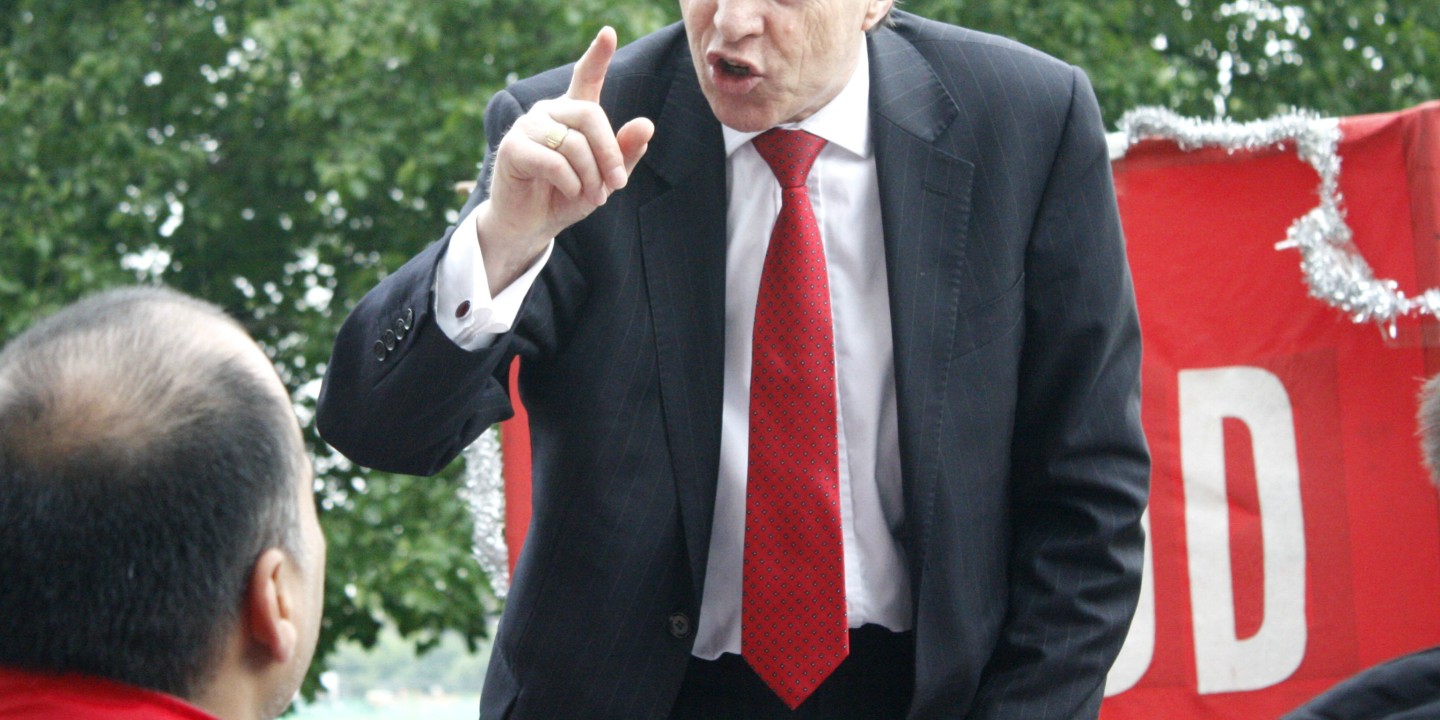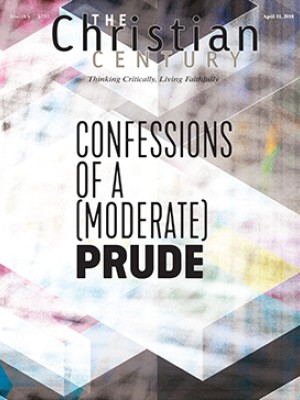Are we sure we’re right?
When we fall in love with our own moral positions, we lose sight of how to stand up against evil.
A similar pattern emerges every time there is a mass shooting. Media report on the number of dead and wounded. Then coverage moves on to explore the shooter’s motives. The public weighs in as well, combining guesswork and curiosity as people puzzle over how such a dastardly act could happen. “Good people don’t do this kind of thing,” the reasoning goes. “Only bad ones do.”
This thinking helps feed the narrative that God makes only two kinds of people. One kind is righteous and can be trusted to behave honorably regardless of what they have in their hands. The other is unrighteous and cannot be trusted for any good.
Read our latest issue or browse back issues.
The problem with this crude dichotomy is that it rests on a naive view of human nature. “If only it were all so simple,” writes Alexander Solzhenitsyn. If only evil people committing evil deeds could be separated from the rest of us, we might be fine, he implies. “But the line dividing good and evil cuts through the heart of every human being.”
Reinhold Niebuhr’s assessment of human virtue was equally cautious. He regularly pointed out that evil is often done not by obviously evil people but by righteous people who forget the limits of their righteousness. The Bush Doctrine which encouraged the Iraq War has been roundly criticized for ignoring this very truth. Conventional wisdom of the day was essentially, “Hey, there’s this Axis of Evil across the ocean; but we’re the good guys. If any nation is exempt from fallen human nature, it’s us.”
Sorting through the thicket of self-righteousness is complicated. Even though the Bible informs us that we have no righteousness of our own, we retain a high degree of confidence in our moral rectitude. Self-criticism can be tough to engage. Admitting individual wrong is hard. We fall in love with our own moral positions.
When I contemplate the ministry of Jesus, it strikes me that he seems less interested in taking the right stand on different issues than in standing in the right place. Try reading the Gospels sometime with an eye toward where Jesus physically positions himself. It appears that he stands between the woman accused of adultery and the scribes and Pharisees ready to stone her. He threads his way through a crowd to stand at the bedside of Simon’s mother-in-law. He goes into a kitchen in Cana to chat with the servers about a wine problem. He climbs out of a boat to meet a raging demoniac who frightens everybody nearby.
Fifty years ago last month, U.S. Army helicopter pilot Hugh Thompson positioned himself face-to-face with Lt. William Calley. Thompson had been flying over the Vietnamese village of Son My when he observed a massacre in progress. Hundreds of unarmed women and children were lying in a ditch, freshly slaughtered by Calley’s platoon. Thompson put down his chopper between the advancing U.S. ground forces and the fleeing villagers. That’s where he jumped out to angrily confront Calley about his war crimes.
Doing the right thing at the right time requires that we position ourselves in the right place. High school students tired of gun violence understand this when they stand at legislators’ doors. All of us can pursue the moral courage to stand in the right place, which may be more important than any certainty over taking the right stand.
A version of this article appears in the print edition under the title “Are we sure we’re right?”








